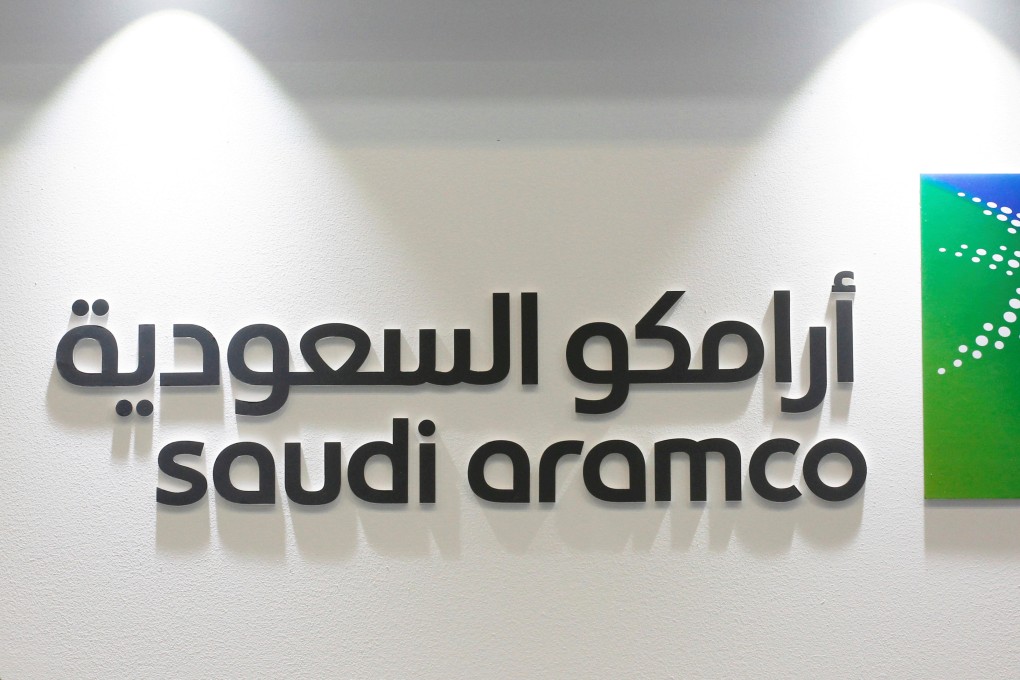Aramco Ventures invests in Shenzhen diagnostic tech start-up amid closer ties between Beijing and Saudi Arabia
- Aramco Ventures, a subsidiary of the world’s largest oil producer Saudi Aramco, to invest in Shenzhen Cispoly Bio-Tec
- Saudi investors are increasing their investments in Chinese technology firms following the Kingdom’s Vision 2030 strategy, under which it aims to reduce its oil dependency

Aramco Ventures, a subsidiary of the world’s largest oil producer Saudi Aramco, will invest 100 million yuan (US$14 million) in Shenzhen Cispoly Bio-Tec, a Chinese developer of diagnostic technology, pledging support for the start-up’s go-global drive.
Aramco Ventures, through its growth fund Prosperity7 Ventures, also known as P7, completed the Series B financing with the company’s early investor, Sunland Fund also taking part in the new fundraising round. The name P7 is derived from “Prosperity Well”, the seventh oil well drilled in Saudi Arabia and the first to strike oil.
“Cispoly’s remarkable achievements in early-stage disease detection exemplify the kind of impactful ventures we aim to champion at Prosperity7 Ventures,” Aysar Tayeb, executive managing director of P7, said in a statement on Wednesday. “We look forward to witness Cispoly’s continued success as they expand their global footprint and enhance women’s health on a broader scale.”
Founded in 2020, Cispoly focuses on early diagnosis of gynaecological tumours and it is also engaging in developing endometrial cancer screening products.

In March, China’s National Medical Products Administration approved the production and marketing of its flagship product, Ciscer. It has also been endorsed in mainland China’s health authorities’ operating guide for cervical cancer treatment.
Liu Pei, founder of Cispoly said in the statement the funding will reinforce the company’s research and development efforts and help Cispoly expand its footprint both at home and abroad.